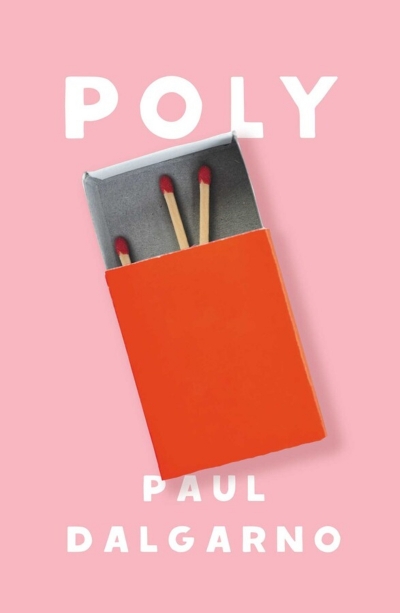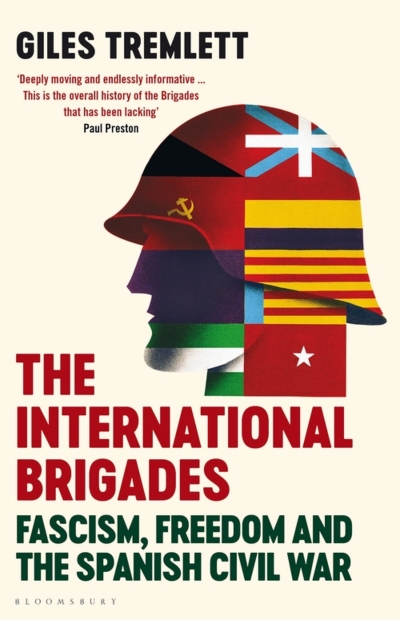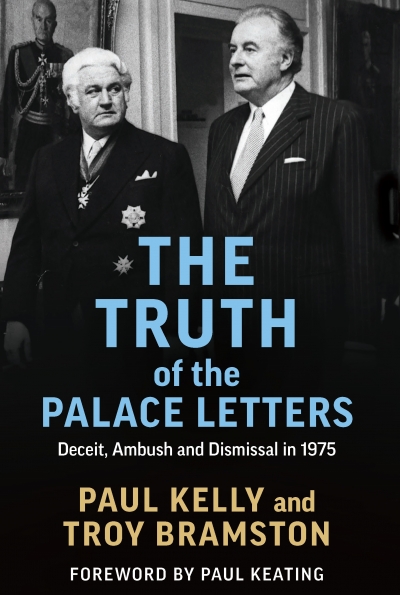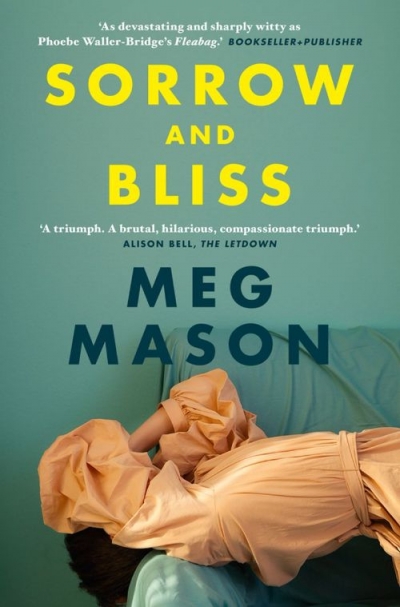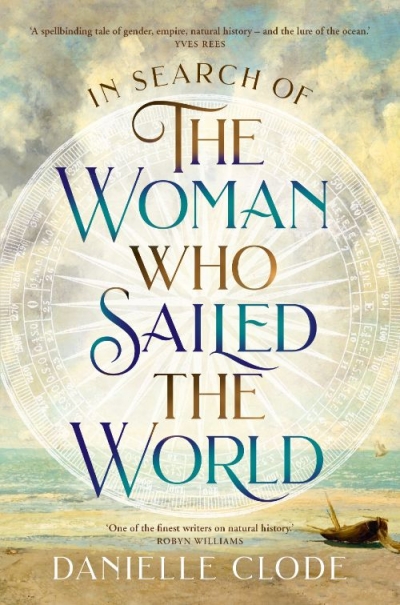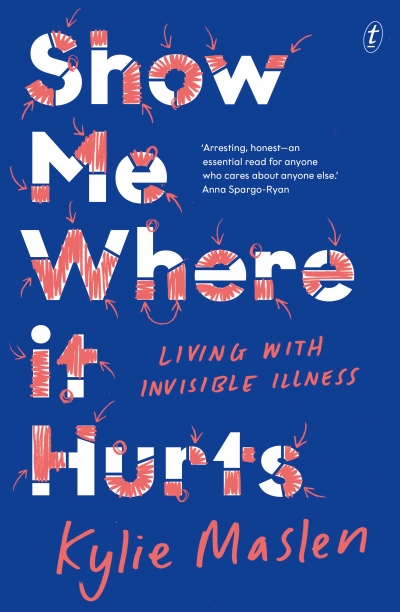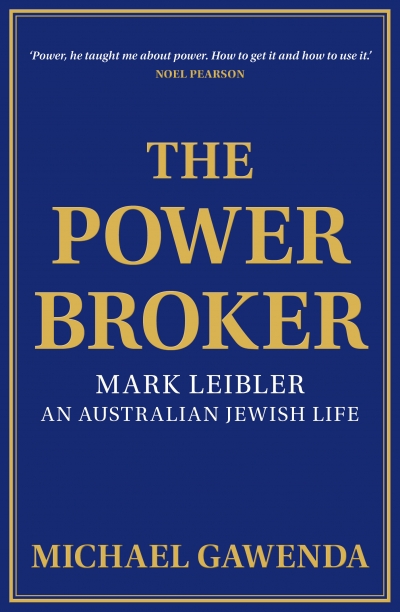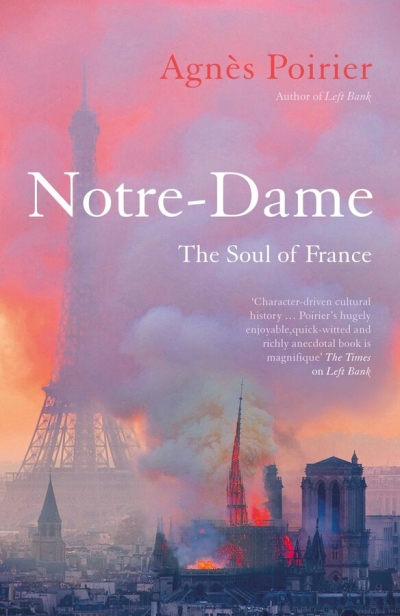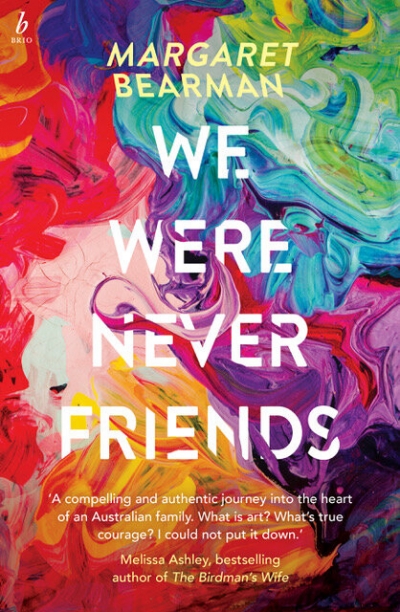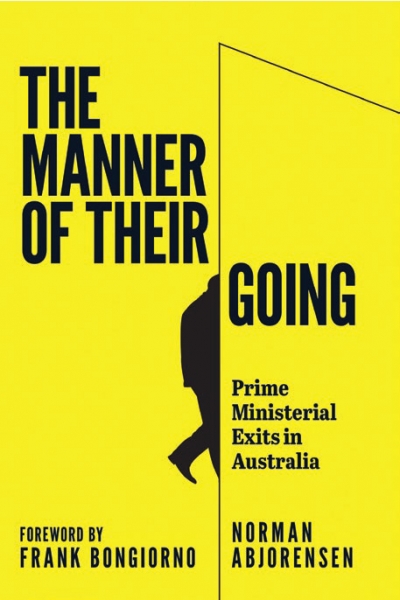QLD contributor
The International Brigades: Fascism, freedom and the Spanish Civil War by Giles Tremlett
by Luke Stegemann •
The Truth of the Palace Letters by Paul Kelly and Troy Bramston & The Palace Letters by Jenny Hocking
by Jon Piccini •
In Search of the Woman Who Sailed the World by Danielle Clode
by Gemma Betros •
Show Me Where It Hurts: Living with invisible illness by Kylie Maslen
by Kate Crowcroft •
The Power Broker: Mark Leibler, an Australian Jewish life by Michael Gawenda
by David Trigger •
The Manner of Their Going: Prime ministerial exits in Australia by Norman Abjorensen
by Lyndon Megarrity •

